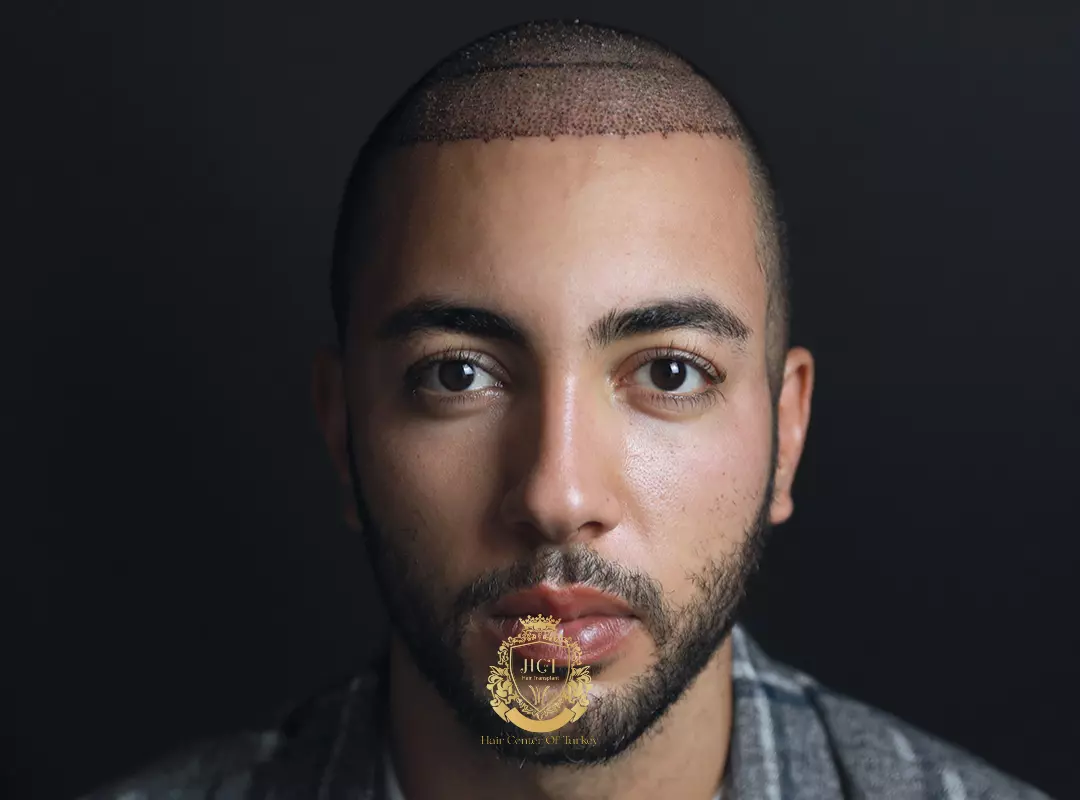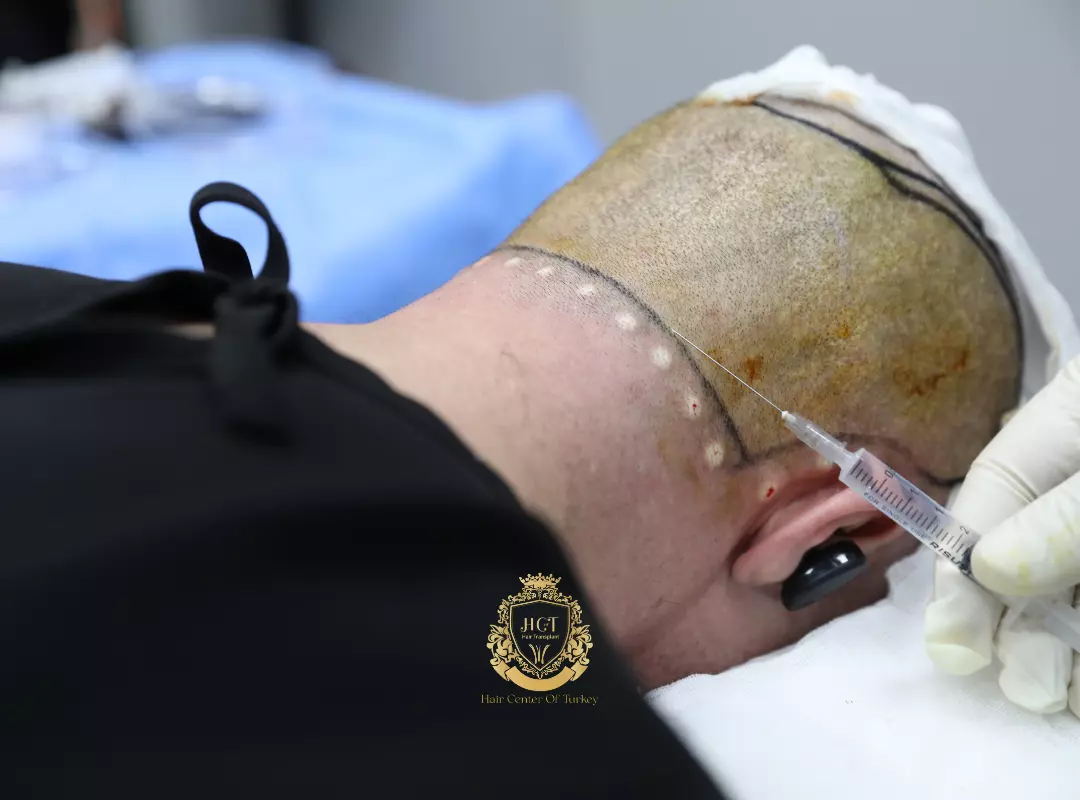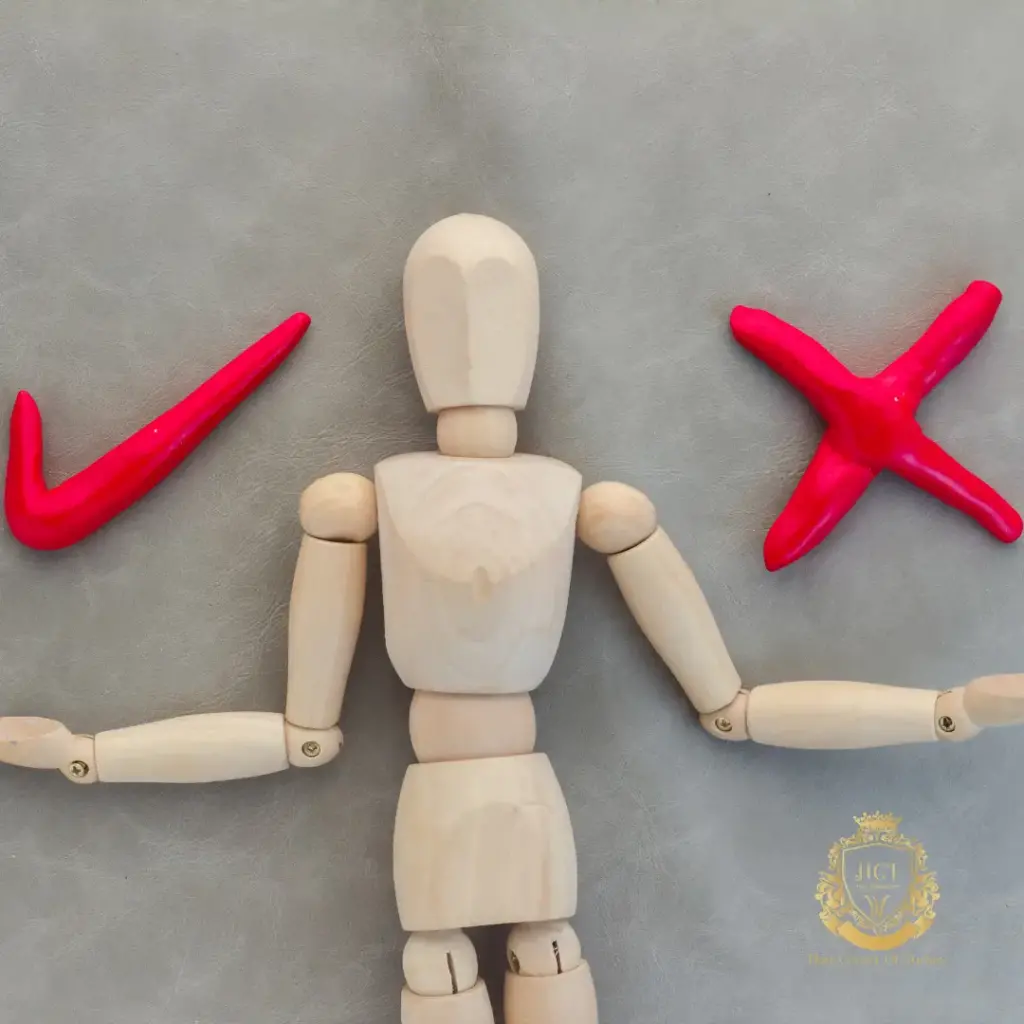Are you experiencing hair loss problems? Meet hair transplantation, the clearest solution to hair loss. Send us a message for detailed information and free consultation.
What are the Side Effects and Risks of Hair Transplantation?
Hair transplantation is one of the procedures that people who experience hair loss and hair loss apply to get the hair they dream of. Hair transplantation is an aesthetic intervention as well as a surgical procedure. One of the questions that patients wonder before having a hair transplant is whether there are any side effects, damages and risks of hair transplantation. In this article, we will talk about what are the possible complications after hair transplantation, whether there is bleeding, pain, pain after transplantation. So let’s get started.

Does bleeding occur during hair transplant surgery?
If hair transplantation procedures are performed by a specialized team and in a quality clinic, no complications are encountered. However, temporary effects such as bleeding, pain and soreness that may occur as a result of ordinary hair surgery may be experienced during hair transplantation.
Hair transplantation procedure basically consists of 3 stages: local anesthesia, hair follicle harvesting and hair transplantation. Local anesthesia before hair transplantation prevents pain and soreness after hair transplantation. During the transplantation process, bleeding is naturally observed when the hair follicles are removed. However, this bleeding is temporary.

Are there any aches and pains after hair transplantation?
Before hair transplantation, local anesthesia is applied to the area to be transplanted to make the transplantation process painless and painless. During the painless anesthesia procedure, the patient may feel a slight pain in the form of a fly bite. Other than that, no pain is felt. However, the patient’s sensitivity, fear of pain or needle may cause the process to be a little more troublesome. In this respect, the feeling of pain and pain in local anesthesia may vary from person to person. However, in general, local anesthesia is a procedure that causes very little pain and soreness. After the hair transplantation procedure, the patient may feel pain or aching in the head. Postoperative aches and pains usually end within 3-4 days after the procedure. If your pain becomes uncomfortable during this period, you may need to use painkillers prescribed by your doctor.
Does hair transplantation cause cancer?
One of the questions that people who want to have a hair transplant wonder is whether hair transplantation causes cancer. Well, does hair transplantation cause cancer? Does hair transplantation cause skin cancer? Or does hair transplantation cause brain tumors?
The answer to these questions is simply no. As a result of the researches, no significant relationship between hair transplantation and cancer has been found. Hair transplantation technique does not cause any skin cancer, brain tumor or cancer. Cancer is the uncontrolled proliferation of cells as a result of damage to cells in an organ or tissue. Although the causes of cancer are very diverse, it usually occurs as a result of smoking and alcohol use, exposure to radiation, prolonged exposure to sunlight, irregular and additive nutrition, exposure to chemicals such as tar, paint, gasoline.
Hair transplantation is the transplantation of hair follicles taken from the nape of the neck to the part where baldness occurs. Local anesthesia and solutions are used during the procedure. During hair transplantation, micromotor pens or sapphire-tipped pens are used, depending on the clinic performing the procedure.
In the hair transplantation procedures performed so far, there has been no finding that hair transplantation causes skin cancer or brain tumors.
What are the possible side effects of hair transplantation?
Patients bleed during hair transplantation. Before hair transplantation, painless local anesthesia is performed to reduce the problems that may occur during transplantation. Side effects that may occur after hair surgery are as follows:
- Infection,
- Swelling, edema or bruising after transplantation,
- Itching and redness of the skin,
- Scalp sensitivity,
- Crusting
There is a risk of infection after hair transplant surgery. There is always a risk of infection in any procedure that creates holes in the skin. However, at this point, the clean work of the expert team who will perform the procedure and the correct care after the transplant minimizes the risk of infection.
It is normal to see crusting in procedures performed by piercing the scalp. It is a natural process for the skin to recover and heal after scalp puncture and bleeding.
After what side effects should you contact your doctor?
In the days following the hair transplant procedure, you should consult your doctor in case of any side effects such as inflammation, fever, bad odor in the body. If you have any infection after the procedure, you may need to take antibiotics. Apart from this, it is useful to take the creams and solutions recommended by your doctor for the scars to heal faster.
FAQ (Frequently Asked Questions)
As long as the operation is performed by an experienced team and in a sterile clinic, there will be no problem. However, there can be some bleeding for 2 days after the operation. This situation is quite natural. A dressing is applied to prevent bleeding. There is no bleeding after the dressing is removed.
The patient is given sedation before the operation. Thus, the patient does not feel the needles used for local anesthesia. Since local anesthesia is used during the operation, the patient does not feel any pain. It is a very comfortable process.
No, hair transplant does not cause cancer. For cancer to occur, damaged tissues or cells must proliferate. Hair transplant operation does not cause such discomfort.
Post-operative infection, edema, swelling, itching or crusting can occur. In order to prevent such situations from occurring, all precautions are taken before and after the operation at Hair Center Of Turkey.
Pain can occur after hair transplant. This is a completely normal situation. The doctor gives the patient painkillers after the operation. It is enough to drink these medications when pain is felt.
PDF & Voice Introduction
Contents
- What are the Side Effects and Risks of Hair Transplantation?
Reach our consultants team
Our Address :
Ataköy 7-8-9-10, Selenium Retro, D-100 Güney Yanyolu No:18/A, 34158 Bakırköy/İstanbul
Get more information for hair transplant!


